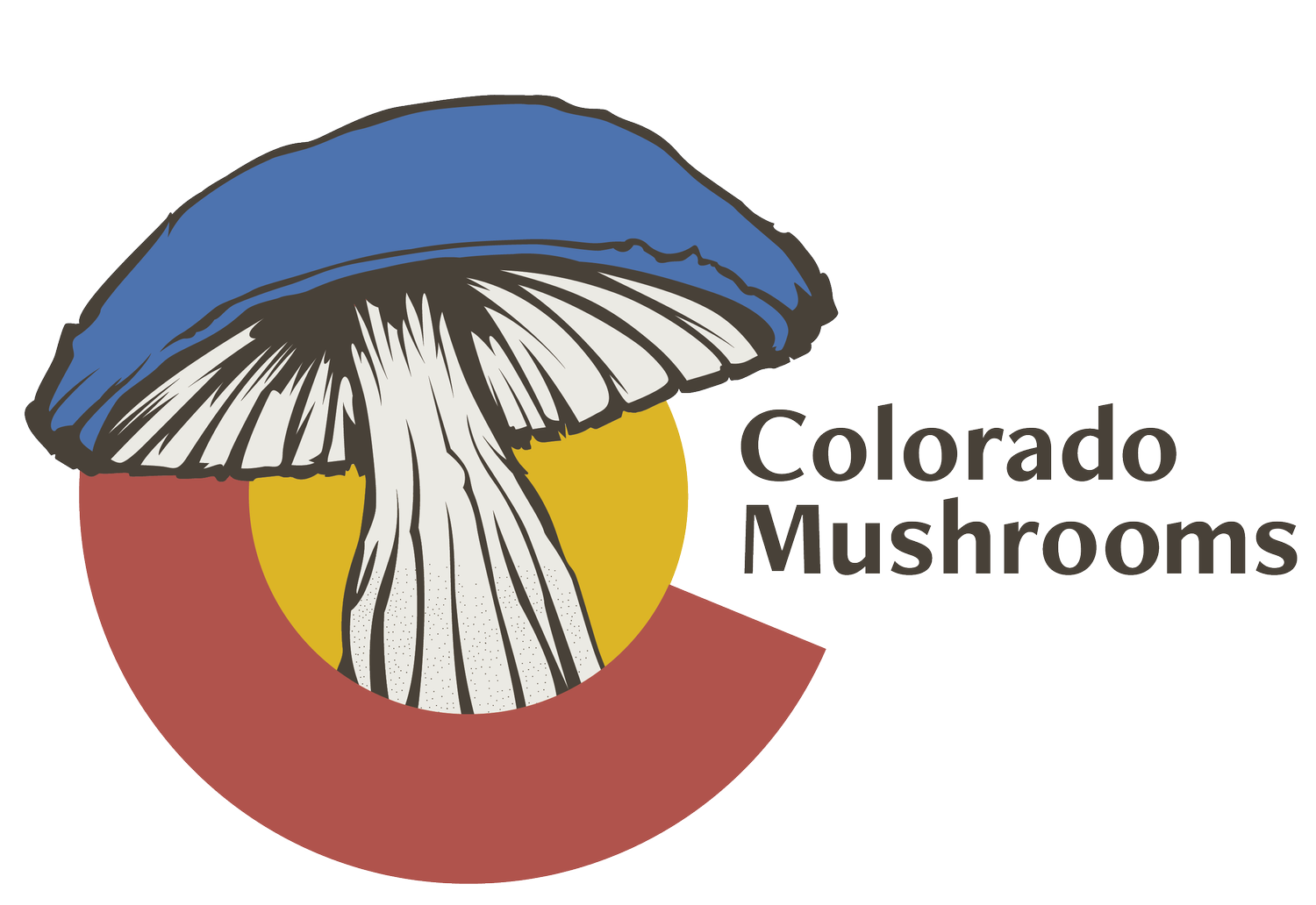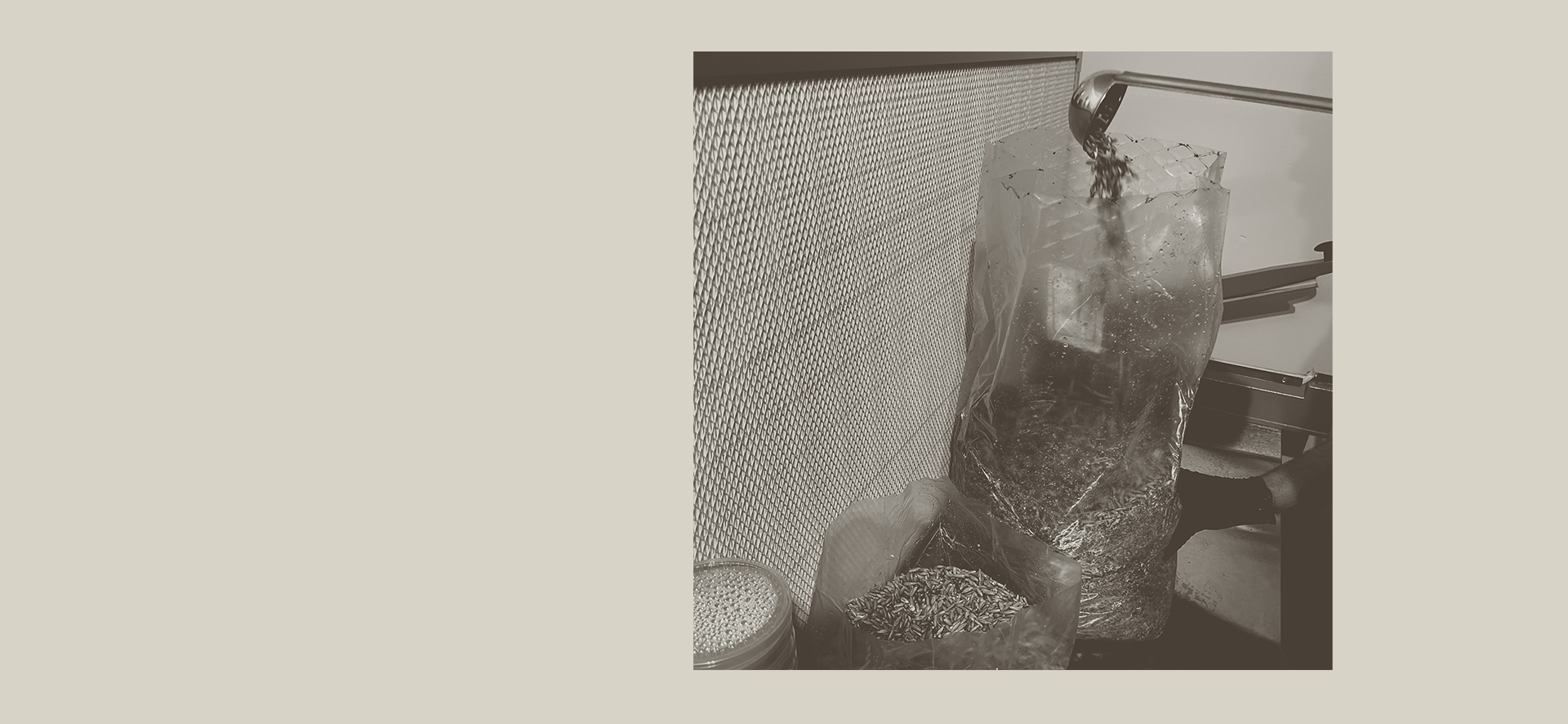An indoor farm producing the freshest, locally grown gourmet mushrooms.
Our Story
Co-Founders, Ben Young and Lance Schiola, have been friends for over 20 years and come from backgrounds in financial services and IT consulting.
A few years back, Ben ignited a passion for growing fresh, gourmet mushrooms and was drawn into the world of mycology and sustainable farming. Of course, Lance came along for the ride, and this was where the idea for Colorado Mushrooms LLC began.
In 2018, Ben and Lance started their first grow in Ben’s basement. They relied on a 4’x4’ grow tent to get them started. From the very beginning, the mushrooms were a hit. Soon, friends, family, neighbors, and co-workers were clamoring over how tasty the mushrooms were and demand took off. By 2020, they were ready to expand their operations and build out a new production facility, but Covid-19 hit and put all plans on hold. However, they used this extra time to pour more innovation and strategy into their cutting-edge facility designs.
In two short years (minus Covid 2020), Ben and Lance took Colorado Mushrooms from a tiny, basement operation to a fully scaled, stand-alone indoor farm. Today, they supply their fresh, gourmet mushrooms to Denver/Boulder-area chefs, restaurants, CSAs, and farmers markets.








